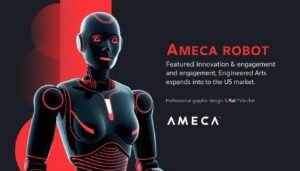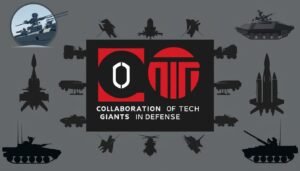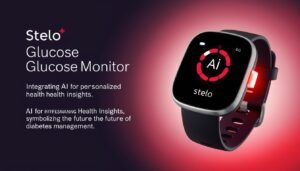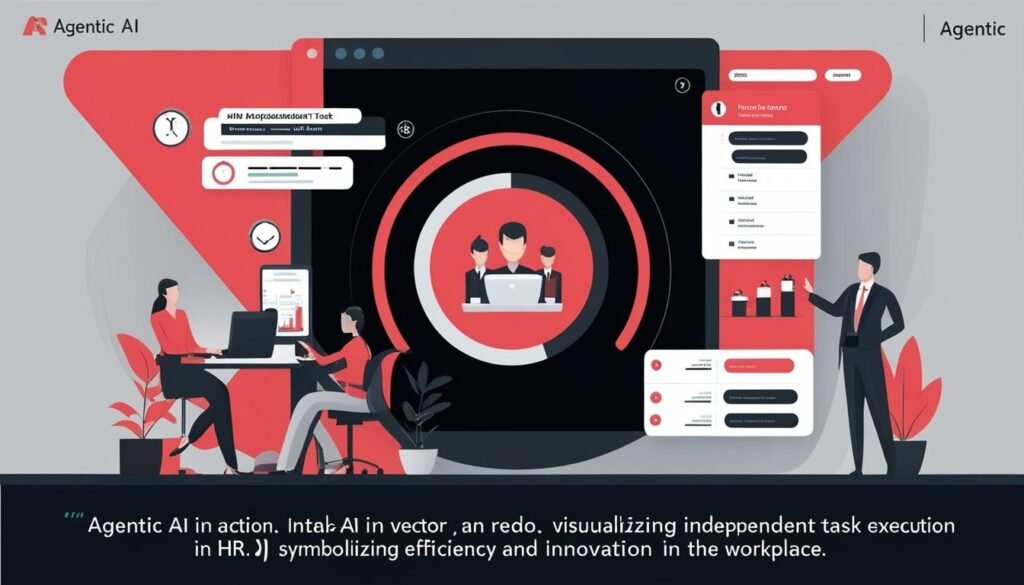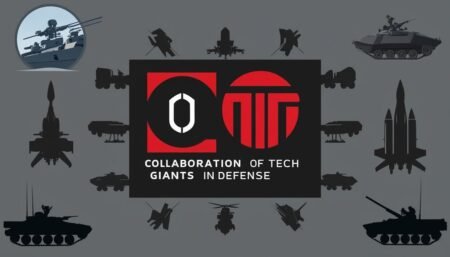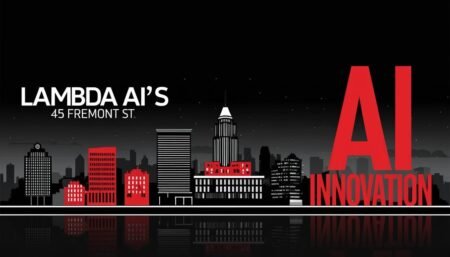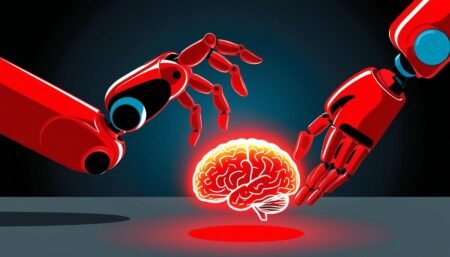As agentic AI emerges as a transformative force in the business sector, experts highlight its potential to enhance workforce management and productivity with minimal human oversight.
As the landscape of artificial intelligence evolves, the concept of “agentic AI” has emerged as a significant trend in discussions surrounding AI automation within the business sector. Defined by AI researcher Andrew Ng in June, agentic AI refers to a novel type of artificial intelligence capable of taking independent action rather than merely responding to human commands. This advancement is gaining traction among major tech corporations and industry vendors, with expectations to enhance organisational efficiency and boost employee productivity through minimal human oversight.
Historically, the terminology surrounding AI has shifted with time, often influenced by the emergence of new technologies and industry trends. After an initial phase of excitement around generative AI, which uses data from large language models to create new content, the narrative has now shifted toward agentic AI. The technology builds on the foundations laid by traditional AI, which operates based on predefined rules and patterns set by humans, and machine learning, which involves training models with extensive datasets to identify patterns and make decisions. Agentic AI synthesises both traditional and generative AI, enabling it to proactively anticipate needs and execute tasks independently, learning from experiences and adapting its actions accordingly.
The impact of agentic AI is particularly pertinent within the human resources sector. As businesses seek to enhance employee productivity, expert voices within the field are advocating for a deeper understanding of how agentic AI can reshape workforce performance and employee experiences. Speaking to Digiday, Jay Patel, senior vice president and general manager of Webex Customer Experience Solutions at Cisco, remarked on the transformative potential of agentic AI, particularly concerning workforce management. He stated, “It’s important HR leaders understand the impact of agentic AI on workforce performance and well-being because it introduces new dynamics to the employee experience and how work is managed and executed.”
The practical applications of agentic AI in HR are demonstrating tangible benefits. For instance, when it comes to learning and development, agentic AI can tailor training programmes for employees, managing individual learning paths by continuously parsing new information and providing real-time feedback. Jill Goldstein, global managing partner for HR and talent transformation at IBM Consulting, described this process by explaining the sequential capabilities of traditional, generative, and now agentic AI. She noted, “So the first one [traditional AI/ML] executes, generative AI helps to customize the content, and the agentic AI builds on both of that and helps me problem solve and actually produces the outcomes associated with it.”
Furthermore, the integration of agentic AI into HR functions promises to alleviate the administrative burden often placed on HR teams. Automating responses to frequent inquiries—such as information about leave policies or payroll—could enable HR professionals to redirect their focus towards more strategic initiatives concerning employee engagement and productivity. According to Cisco, the implementation of such solutions could result in an estimated savings of 2.5 hours per week for HR teams, allowing them to devote more time to impactful tasks.
As organisations continue to explore the unfolding capabilities of AI, particularly with the rise of agentic AI, businesses are finding themselves at the forefront of a technological transformation that could redefine operational efficiency and employee experiences. The ongoing discourse around these advancements signifies a pivotal shift in business practices, facilitating discussions on the practical implications and future of AI automation across various sectors.
Source: Noah Wire Services
- https://www.visier.com/blog/hr-glossary-what-is-agentic-ai/ – Corroborates the definition of agentic AI, its autonomy, and its difference from traditional AI.
- https://nextbrain.ai/blog/andrew-ngs-vision-for-ais-future-unlocking-agentic-workflows – Supports Andrew Ng’s introduction of the concept of agentic AI and its transformative potential.
- https://www.visier.com/blog/hr-glossary-what-is-agentic-ai/ – Provides examples of agentic AI applications in various industries such as insurance, supply chain management, and healthcare.
- https://nextbrain.ai/blog/andrew-ngs-vision-for-ais-future-unlocking-agentic-workflows – Details Andrew Ng’s vision for agentic workflows and their ability to autonomously perform and refine tasks.
- https://www.youtube.com/watch?v=-pqzyvRp3Tc – Explains the core features of agentic AI, including autonomy, adaptability, and goal orientation.
- https://www.visier.com/blog/hr-glossary-what-is-agentic-ai/ – Discusses the role of agentic AI in people analytics and its implications for HR and employee development.
- https://nextbrain.ai/blog/andrew-ngs-vision-for-ais-future-unlocking-agentic-workflows – Categorizes AI agents into various types, such as reflective, tool-using, planning, and collaborative agents.
- https://www.youtube.com/watch?v=-pqzyvRp3Tc – Highlights the practical applications of agentic AI in sectors like personal assistance, autonomous vehicles, and healthcare.
- https://blog.langchain.dev/what-is-an-agent/ – Explains the concept of agentic behavior in AI systems and the spectrum of autonomy in AI agents.
- https://www.visier.com/blog/hr-glossary-what-is-agentic-ai/ – Mentions the potential impact of agentic AI on the workforce and the need for new skills to work with these tools.
- https://nextbrain.ai/blog/andrew-ngs-vision-for-ais-future-unlocking-agentic-workflows – Emphasizes the future role of agentic AI in enhancing creativity, productivity, and innovation.


